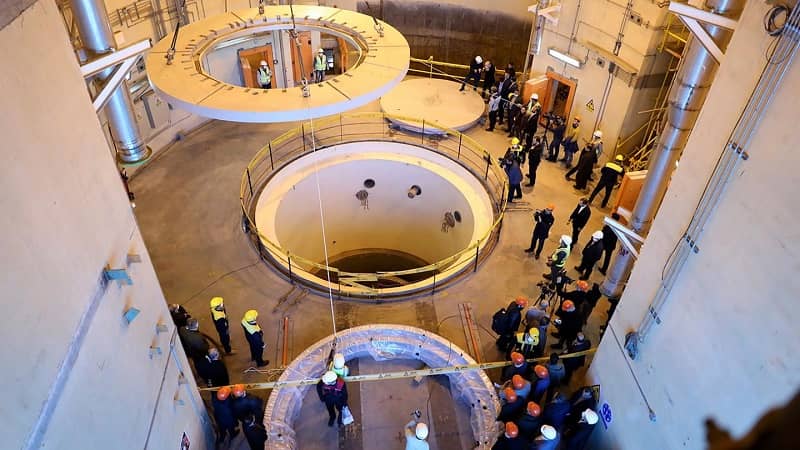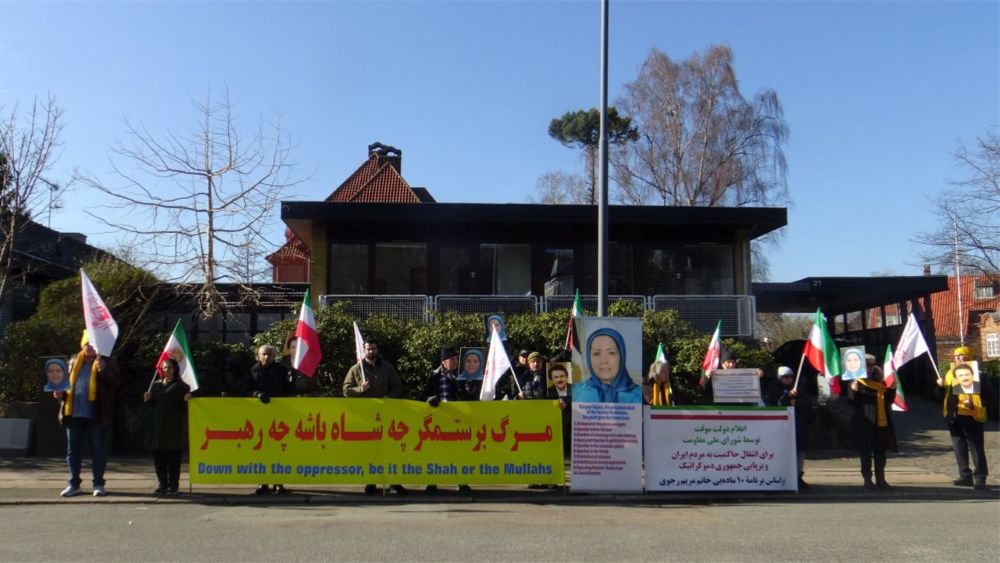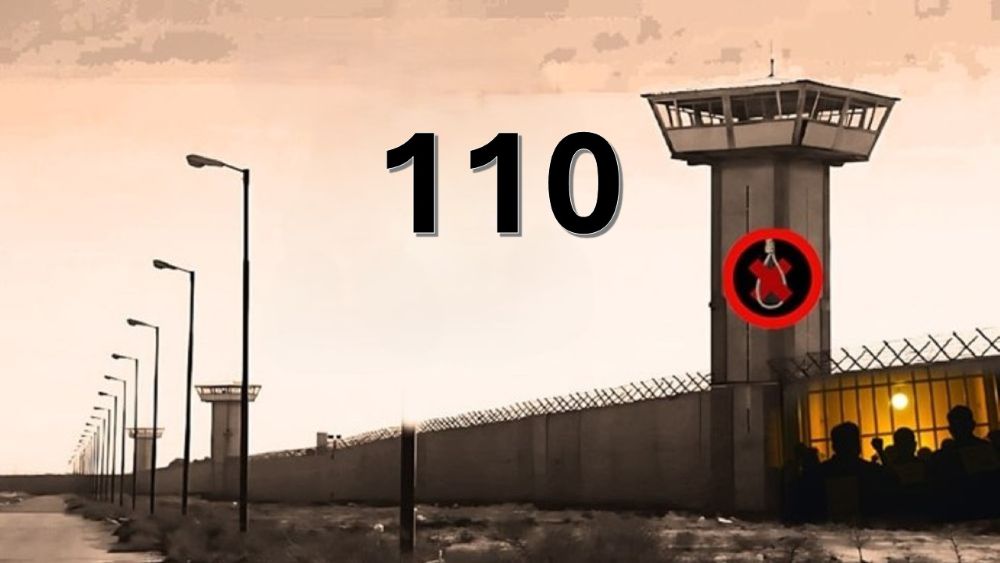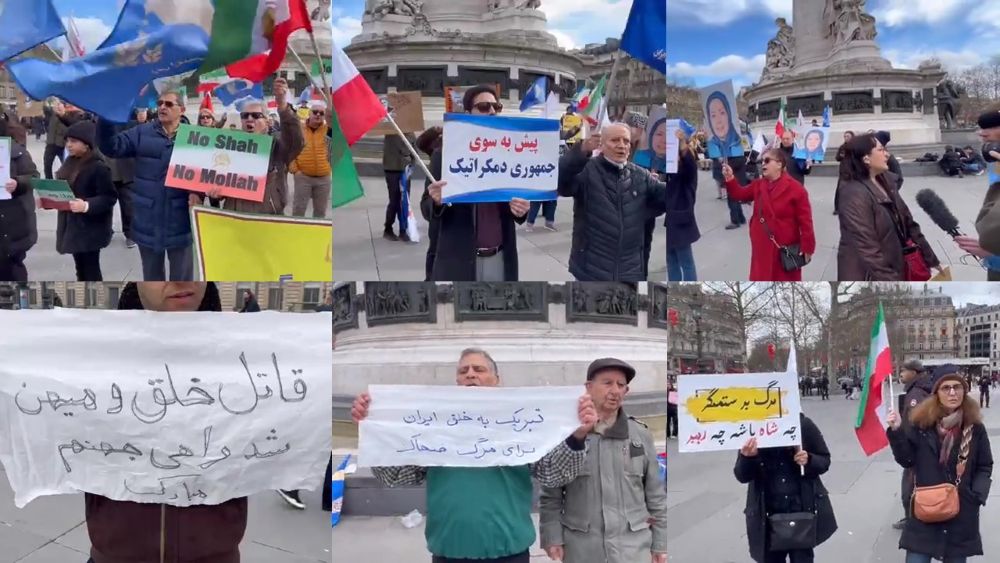
New reports detailing Iran’s provocative nuclear activities were released by the International Atomic Energy Agency (IAEA), which also highlighted a number of unresolved conflicts between themselves and the Iranian regime, as well as the regime’s complete lack of cooperation, even as they are set to resume nuclear deal talks in Vienna at the end of the month.
The National Council of Resistance of Iran (NCRI) said, “The IAEA’s report estimated that stockpiles of the regime’s most highly enriched nuclear material had grown to 17.7 kg, from only 10 kg at the time of a previous report in August. Experts indicate that if refine further, this could yield 10 kg of 90-percent enriched uranium, or about half of what would be needed for a nuclear weapon.”
Following the release of the IAEA’s recent quarterly report in October, the head of the regime’s Atomic Energy Organization, Mohammad Eslami boasted that they had produced more than 120 kg of 20% enriched uranium, which was nearly 50% higher than what the IAEA had estimated.
Back in February, the regime’s parliament passed a law in order to pressure Western powers to remove the reimposed sanctions placed upon them by the United States. As a result, nuclear inspectors from the IAEA were almost removed from Iran, however, a last-minute deal was made by the Director-General of the IAEA, Rafael Grossi to allow them to remain in the country. This deal soon fell through when the regime then denied their access to nuclear facilities.
The NCRI said, “Since February, the regime has also prevented the IAEA from viewing video surveillance of those facilities. Another agreement was needed to enable routine maintenance on those cameras, as well as on other data collection equipment that Tehran has also been keeping off-limits.”
Grossi is set to visit Iran in the coming week, suggesting that he is still persisting on salvaging the 2015 nuclear deal, despite being increasingly critical of the regime and the Western powers dealings with them. He has stated recently that it is no longer possible to restore the nuclear deal without either revising its terms, or by adopting a parallel agreement.
In the U.S., the Biden administration has suggested that if the regime’s strategy to delay talks and obstruct inspectors continues then Western powers will need to put further pressure on them.
The NCRI said, “This belief is reportedly shared by the other Western signatories to the deal, as evidenced by joint statements following a recent visit to Washington by envoys from the United Kingdom, France, and Germany.”
Past negotiations with the regime have proven to be fruitless so the upcoming talks in Vienna are being met with some scepticism. What is needed is for the IAEA’s Board of Governors to use a formal censure to place additional pressure on the regime during their meeting next week.
When Ebrahim Raisi was selected as the regime’s new president in June, the regime purposely stalled the Vienna talks. It wasn’t the first time that they delayed discussions for the nuclear deal either. They have been consistently buying time in order to secretly advance their nuclear project, and Western powers have obliged to their deception by granting them concessions and striking deals.
The NCRI said, “Western powers should one and for all end Tehran’s nuclear program by increasing sanctions on the regime and reinstating the six resolutions by the UN Security Council about Iran’s nuclear adventurism.”



